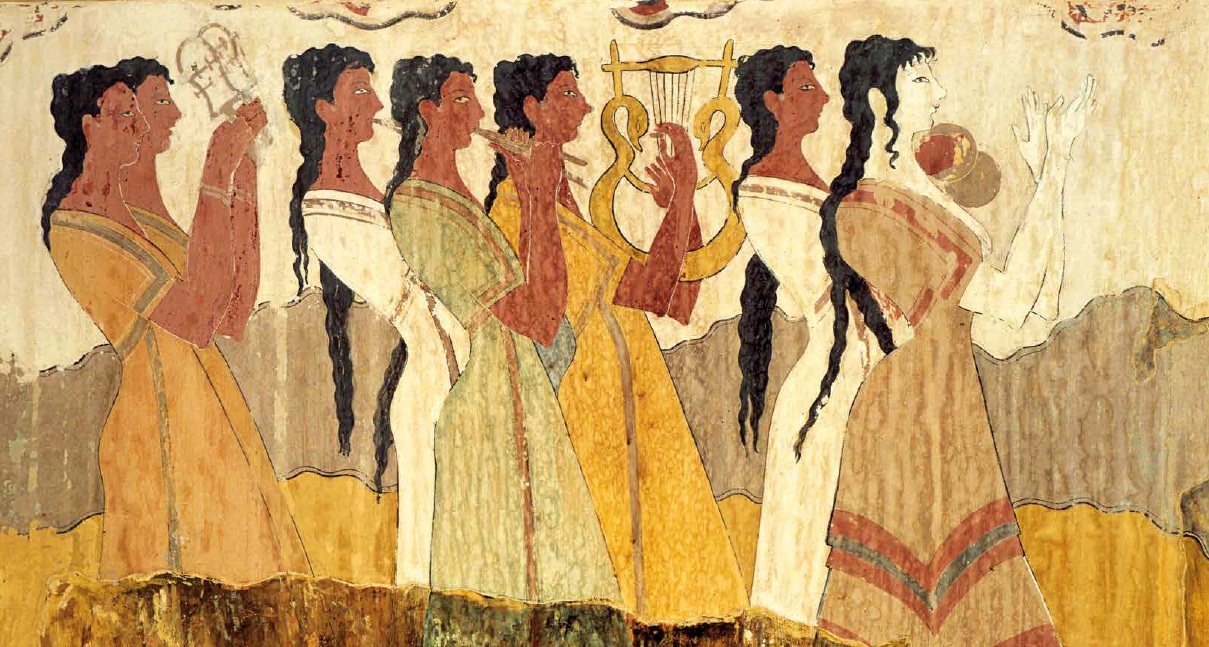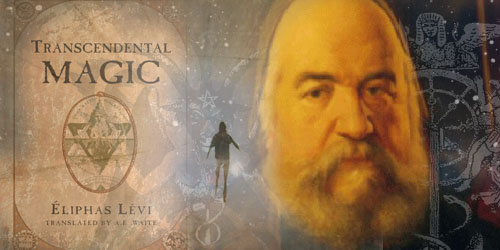Page 130
another allegory to show that the gross and popular rites are always more welcome than divine but simple truth, and proves the great difference that must have existed between the esoteric and the popular worship. As the poems of both Orpheus and Musaeus were said to have been lost since the earliest ages, so that neither Plato nor Aristotle recognized anything authentic in the poems extant in
their time, it is difficult to say with precision what constituted their peculiar rites. Still we have the oral tradition, and every inference to draw therefrom; and this tradition points to Orpheus as having brought his doctrines from India. As one whose religion was that of the oldest Magians — hence, that to which belonged the initiates of all countries, beginning with Moses, the “sons of the Prophets,” and the ascetic nazars (who must not be confounded with those against whom thundered Hosea and other prophets) to the Essenes. This latter sect were Pythagoreans before they rather degenerated, than became perfected in their system by the Buddhist missionaries, whom Pliny tells us established themselves on the shores of the Dead Sea, ages before his time, “per saeculorum millia.” But if, on the one hand, these Buddhist monks were the first to establish monastic communities and inculcate the strict observance of dogmatic conventual rule, on the other they were also the first to enforce and popularize those stern virtues so exemplified by Sakya-muni, and which were previously exercised only in isolated cases of well-known philosophers and their followers; virtues preached two or three centuries later by Jesus, practiced by a few Christian ascetics, and gradually abandoned, and even entirely forgotten by the Christian Church.
The initiated nazars had ever held to this rule, which had to be followed before them by the adepts of every age; and the disciples of John were but a dissenting branch of the Essenes. Therefore, we cannot well confound them with all the nazars spoken of in the Old Testament, and who are accused by Hosea with having separated or consecrated themselves to Bosheth; which implied the greatest possible abomination. To infer, as some critics and theologians do, that it means to separate one’s self to chastity or continence, is either to advisedly pervert the true meaning, or to be totally ignorant of the Hebrew language. The eleventh verse of the first chapter of Micah half explains the word in its veiled translation: “Pass ye away, thou inhabitant of Saphir, etc.,” and in the original text the word is Bosheth. Certainly neither Baal, nor Iahoh Kadosh, with his Kadeshim, was a god of ascetic virtue, albeit the Septuaginta terms them, as well as the galli — the perfected priests — [[tetelesmenous]], the initiated and the consecrated.
Page 131
The great Sod of the Kadeshim, translated in Psalm lxxxix. 7, by “assembly of the saints,” was anything but a mystery of the “sanctified” in the sense given to the latter word by Webster.
The Nazireate sect existed long before the laws of Moses, and originated among people most inimical to the “chosen” ones of Israel, viz., the people of Galilee, the ancient olla-podrida of idolatrous nations, where was built Nazara, the present Nazareth. It is in Nazara that the ancient Nazoria or Nazireates held their “Mysteries of Life” or “assemblies,” as the word now stands in the translation, which were but the secret mysteries of initiation, utterly distinct in their practical form from the popular Mysteries which were held at Byblus in honor of Adonis. While the true initiates of the ostracised Galilee were worshipping the true God and enjoying transcendent visions, what were the “chosen” ones about? Ezekiel tells it to us (chap. viii) when, in describing what he saw, he says thatthe form of a hand took him by a lock of his head and transported him from Chaldea unto Jerusalem. “And there stood seventy men of the senators of the house of Israel. . . . ‘Son of man, hast thou seen what the ancients . . . do in the dark?’ ” inquires the “Lord.” “At the door of the house of the Lord . . . behold there sat women weeping for Tammuz” (Adonis). We really cannot suppose that the Pagans have ever surpassed the “chosen” people in certain shameful abominations of which their own prophets accuse them so profusely. To admit this truth, one hardly needs even to be a Hebrew scholar; let him read the Bible in English and meditate over the language of the “holy” prophets.

Moe is the founder of GnosticWarrior.com. He is a father, husband, author, martial arts black belt, and an expert in Gnosticism, the occult, and esotericism.






